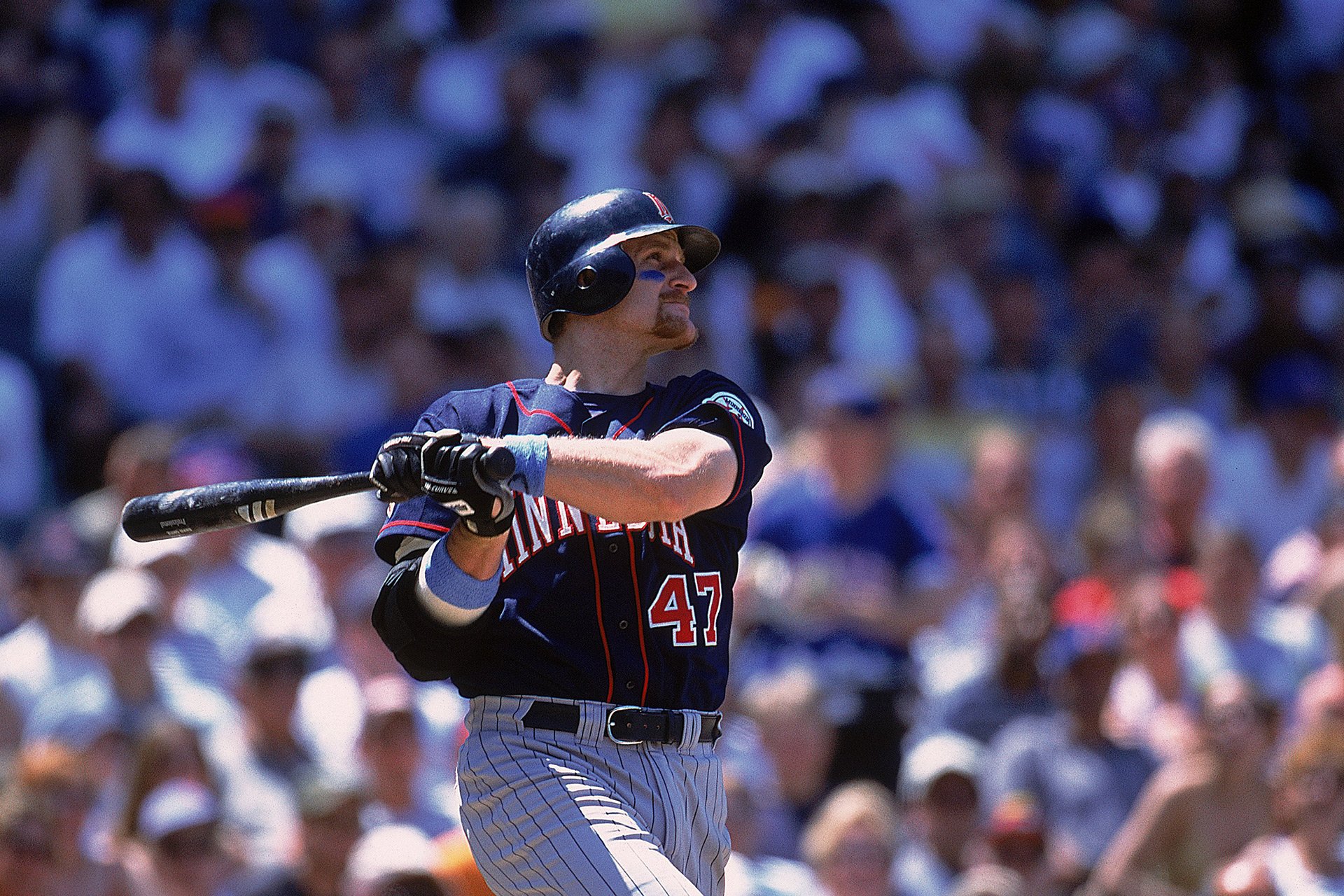
Blog
Due to the COVID-19 crisis, we will give the iSport360 app away FOR FREE to every team that needs to stay connected this season. Coaches and clubs, register your teams here.
Hi Parents, Coaches, & Players, It’s mid season for basketball, ice hockey and futsal….great time for coaches and parents to share feedback on your players. Now, using our downloadable app (on Apple or Android), coaches and parents can conduct objective and fair evals on their players. But players can do a self-evaluation too. It’s … Read more
Hi Coaches, Parents, & Players, Seriously, what is cooler than getting an email from Apple on the first day of 2017 saying that your app went LIVE in their App Store??? Our launch in the App Stores is a milestone worth celebrating for our team and the 1,300 registered users who have … Read more
I was recently invited on to a radio show in the Chicago area by The Sports Doctor, Dr. Bob Weil, who specializes in training and treating athletes, from youth to professionals. I asked him to share his perspective on having kids specialize in one sport. So often young athletes are faced with the question regarding … Read more
A few months ago, I asked a friend and supportive sports parent to write an article for this newsletter. He’s a dad of three boys, and as I mentioned an active and supportive sports parent. But most of all, a dad who has an incredible ability to step back from sideline drama and stress and … Read more
Whether you are a passionate sports parent or coach, sincere thanks for reading and sharing our newsletter this year. Your response has been tremendous as we have nearly 15,000 readers. Since we are all about setting goals, here are ours for 2017: We commit to raising awareness about the issues that coaches, sports parents and … Read more
Emily Galvin is a Philadelphia-based performance psychology consultant with Serve1, a performance consulting team that works with clients to improve performance and make positive lifestyle changes by addressing each client’s biological, psychological, and social needs. Click here to see how iSport360 is helping coaches and parents share objective feedback on their players. As a parent, you … Read more
Ina Sherman is a Certified Alcohol and Drug Counselor and wrote this article following last week’s TODAY show report “From Athlete to Addict”. Click here to see how iSport360 is helping coaches and parents share objective feedback on their players. There is no question that youth sport participation plays a positive role in the physical, psychological and … Read more
Click here to see how iSport360 is helping coaches and parents share objective feedback on their players. Since I started iSport360, it doesn’t take long for friends to quickly turn social conversations to the topic of youth sports. And I was pretty happy about what I heard from an old friend I bumped into this weekend. … Read more










